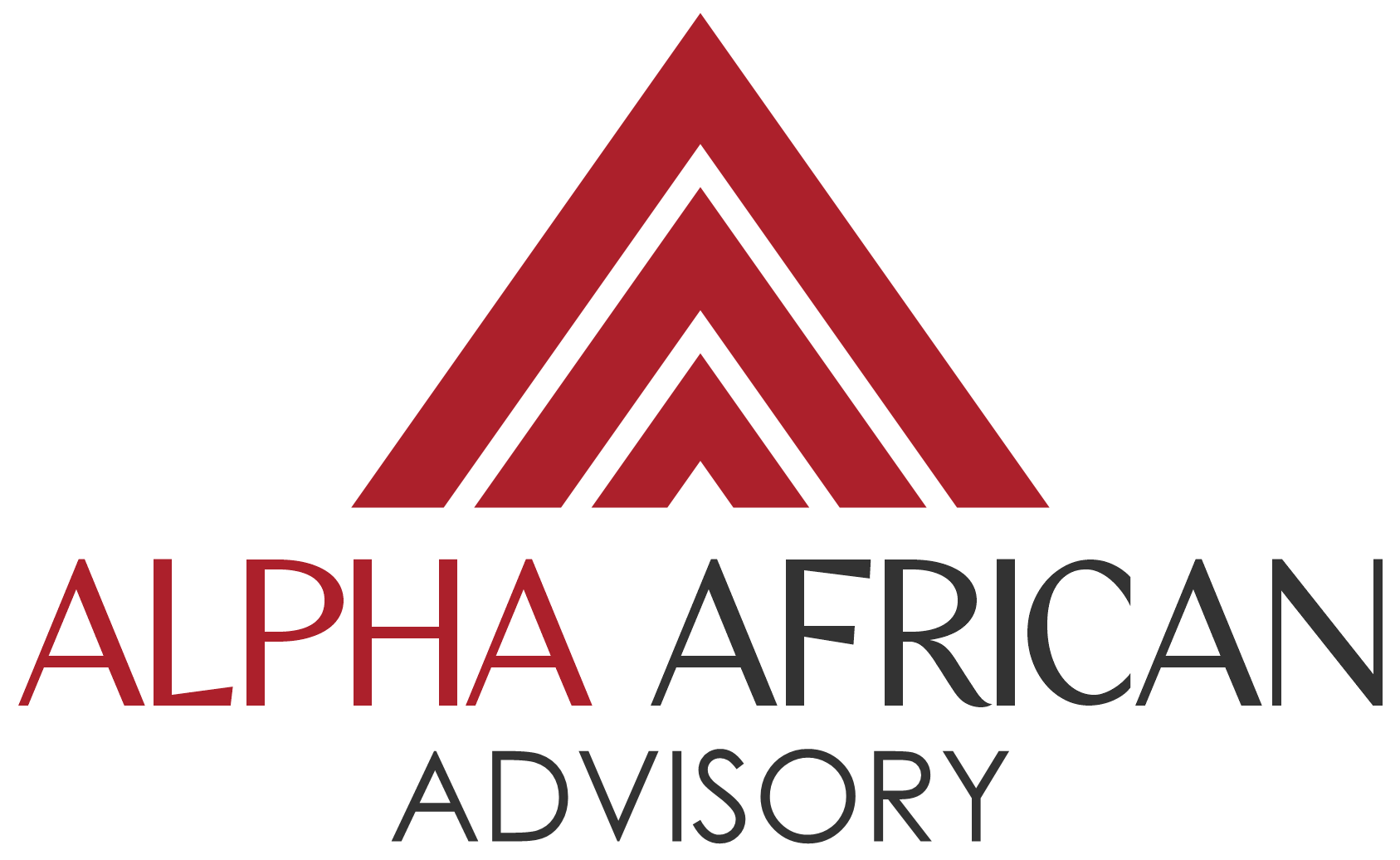
The global economy is a complex ecosystem, and its recent volatility has sent ripples across markets worldwide. From the increasing inflation to the rising cost of living, businesses are folding up and people are seeking greener pastures in other countries. The term which we all know as “Japa”. These issues are not home-based alone, but are also affecting other countries.
Inflation, as measured by the Consumer Price Index, has soared to multi-decade highs in numerous countries, reaching 7.0% in the US and 8.5% in the Euro area as of Q1 2024. Supply chain bottlenecks, geopolitical events like the war in Ukraine, and the ongoing energy crisis have further driven uncertainty in many parts of the world.
Overview of Nigeria’s economic turmoil
In Nigeria, these global headwinds have compounded the economic challenges currently faced. The World Bank forecasts Nigeria’s GDP growth to moderate to 3.3% in 2024, while inflation remains stubbornly high, reaching 33.95% in May 2024 according to data from the Central Bank of Nigeria. The Naira’s exchange rate keeps fluctuating, impacting import costs and overall economic stability.
While these events may be quite disturbing, let’s not allow the volatility to cause despair because it also presents opportunities for informed and strategic investors. Below, are actionable strategies that can be explored to emerge stronger given the current circumstances.
- Diversification
Spreading your investments across various asset classes and geographic regions is important. Consider a mix of stocks, bonds, real estate (both domestic and international), and alternative investments like commodities or private equity. As the saying goes “Do not put all your eggs in one basket.” Properly diversifying your portfolio reduces the impact of any single asset’s underperformance.
- Tactical asset allocation:
In a volatile market, periodic adjustments to your portfolio’s asset allocation can be beneficial. For instance, increasing exposure to defensive sectors like consumer staples or healthcare during economic downturns can offer a degree of stability.
- Active risk management:
Utilise hedging strategies to mitigate risks. Currency hedging can protect against Naira fluctuations, while interest rate swaps can manage exposure to rising rates. Carefully assess your risk tolerance and tailor your hedging approach accordingly.
- Stay abreast of global trends:
Thoroughly research global economic indicators and geopolitical developments. Publications like the World Economic Outlook by the International Monetary Fund (IMF) and reports by global rating agencies can provide valuable insights.
- Long-term vision
Amidst short-term fluctuations, maintain a long-term investment horizon. Historically, markets have demonstrated a remarkable ability to recover from downturns. As Warren Buffett aptly put it, “Be fearful when others are greedy and greedy when others are fearful.”
- Expert counsel
Partner with experienced transaction advisors or wealth managers like Alpha African Advisory. Our skill in understanding and managing complicated financial situations can be incredibly helpful in creating a plan that fits your particular needs and how much risk you’re willing to take.
In conclusion, the current global economic climate is undoubtedly challenging. However, with a well-thought-out strategy, astute risk management, and a commitment to long-term goals, investors can succeed. Remember, volatility can be a catalyst for opportunity and growth. By embracing a proactive approach and seeking expert guidance, you can position yourself for success in the face of uncertainty.







